Home>Furniture>Outdoor Furniture>What Is The Best Lubricant For Sliding Patio Doors
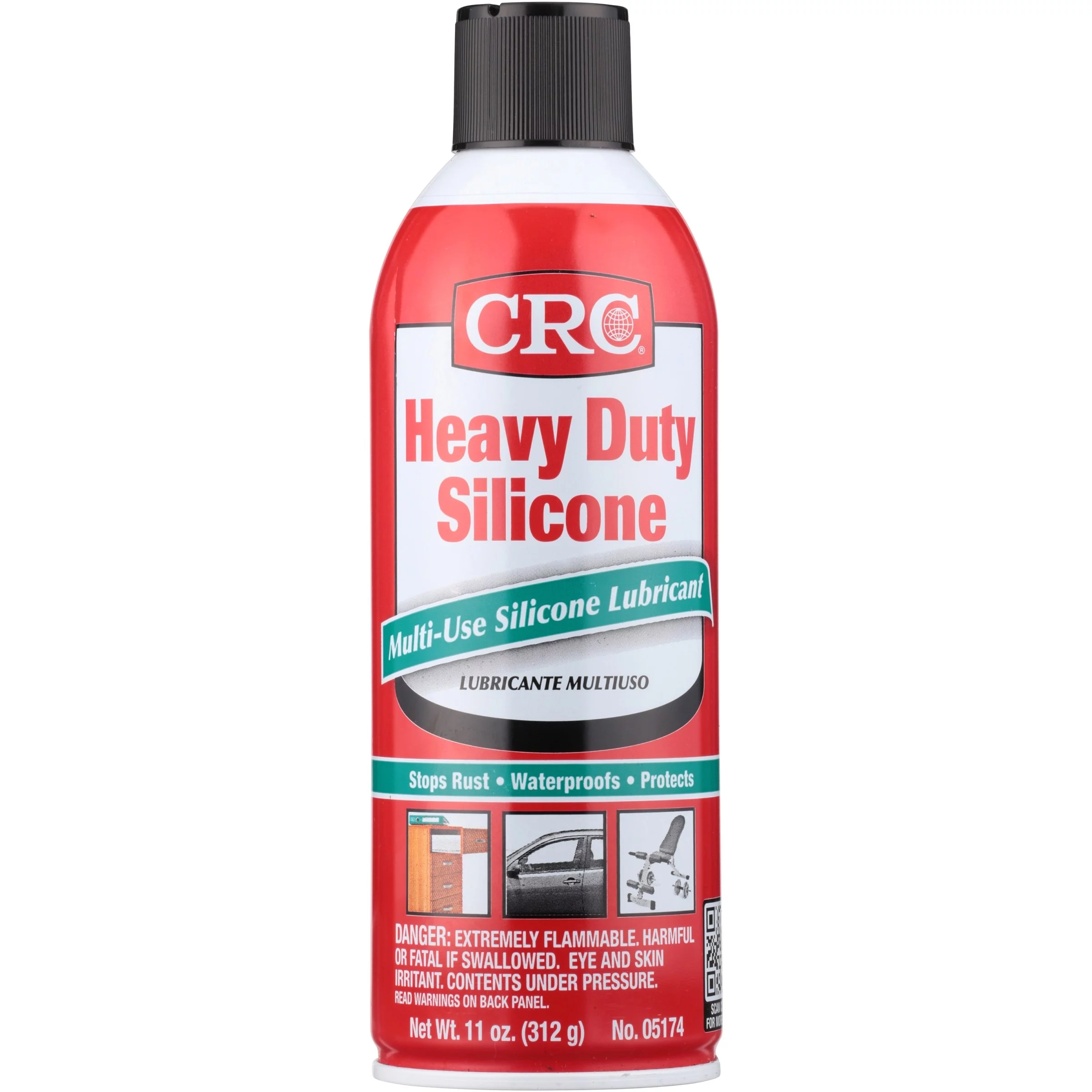

Outdoor Furniture
What Is The Best Lubricant For Sliding Patio Doors
Modified: March 7, 2024
Looking for the best lubricant for your outdoor furniture? Discover top recommendations for sliding patio doors to ensure smooth and easy operation.
(Many of the links in this article redirect to a specific reviewed product. Your purchase of these products through affiliate links helps to generate commission for Storables.com, at no extra cost. Learn more)
Introduction
When it comes to enjoying your outdoor space, sliding patio doors are a popular feature that seamlessly integrate your indoor and outdoor areas. These doors allow abundant natural light to stream into your home while providing easy access to your patio or backyard. However, over time, the smooth operation of your sliding patio doors can become compromised due to friction and wear. To keep your doors functioning properly, it’s important to regularly lubricate them.
Choosing the right lubricant for your sliding patio doors is crucial to ensure their longevity and smooth operation. With numerous options available on the market, it can be overwhelming to determine which lubricant is best suited for your doors. In this article, we will explore the different types of lubricants for sliding patio doors and their pros and cons.
Key Takeaways:
- Choose silicone-based lubricants for smooth, rust-resistant sliding patio doors. They withstand various climates but may require more frequent application.
- Consider Teflon-based lubricants for quiet, rust-protected sliding patio doors. They excel in reducing friction but may need more frequent reapplication.
Read more: How To Lubricate Sliding Glass Doors
Factors to Consider when Choosing a Lubricant for Sliding Patio Doors
When selecting a lubricant for your sliding patio doors, there are several important factors to consider. These factors will help you ensure that you choose the right product for your specific needs:
- Material: The material of your sliding patio doors is an essential factor to consider. Different materials may have varying lubrication requirements. For example, if your doors are made of vinyl or aluminum, silicone-based lubricants are often recommended. On the other hand, if your doors are made of wood, petroleum-based lubricants may be more suitable.
- Climate: The climate in which you live can also impact the performance of your sliding patio doors. In areas with extreme heat or cold, you’ll need a lubricant that can withstand these conditions and provide effective lubrication.
- Durability: Consider the durability of the lubricant you choose. You’ll want a product that can withstand frequent use and can resist washing off in rainy conditions.
- Noise reduction: If your sliding patio doors are noisy when opening or closing, selecting a lubricant that specifically addresses noise reduction can help create a quieter and more enjoyable environment.
By considering these factors, you can narrow down your options and select the lubricant that is best suited for your sliding patio doors.
Types of Lubricants for Sliding Patio Doors
When it comes to lubricating your sliding patio doors, there are several types of lubricants to choose from. Each type has its own unique properties and advantages. Here are the three main types of lubricants commonly used for sliding patio doors:
- Silicone-based lubricants: Silicone-based lubricants are a popular choice for sliding patio doors. They provide excellent lubrication, reduce friction, and prevent rust and corrosion. Silicone-based lubricants are also resistant to water and extreme temperatures, making them suitable for use in various climates. Additionally, they do not attract dust or dirt, which helps to keep your doors operating smoothly. However, silicone-based lubricants may require more frequent application compared to other types of lubricants.
- Petroleum-based lubricants: Petroleum-based lubricants, such as motor oil or household oils, can also be used to lubricate sliding patio doors. These lubricants offer good performance and can effectively reduce friction. They are also readily available and affordable. However, petroleum-based lubricants may have a higher chance of attracting dust and dirt, which can lead to clogging and decreased performance over time. Additionally, they may have a strong odor that some individuals may find unpleasant.
- Teflon-based lubricants: Teflon-based lubricants, often in the form of sprays or powders, are another option for lubricating sliding patio doors. Teflon is a non-stick material that provides excellent lubrication and reduces friction. It is particularly effective for smooth and quiet operation of sliding doors. Teflon-based lubricants are also resistant to water and can withstand extreme temperatures. However, they may need to be reapplied more frequently compared to other lubricants.
Ultimately, the choice of lubricant depends on your specific requirements and preferences. Consider factors such as material, climate, and desired level of maintenance when deciding which type of lubricant is best suited for your sliding patio doors.
Pros and Cons of Silicone-based Lubricants for Sliding Patio Doors
Silicone-based lubricants offer several advantages when it comes to lubricating sliding patio doors. However, they also have some drawbacks. Let’s explore the pros and cons of using silicone-based lubricants:
- Pros:
- Excellent lubrication: Silicone-based lubricants provide smooth and effortless operation of sliding patio doors by reducing friction.
- Resistant to water: Silicone-based lubricants have water-resistant properties, making them ideal for outdoor applications. They can withstand rainy and humid conditions without washing off.
- Temperature resistance: These lubricants can handle both extreme heat and cold. They remain effective in various climates, ensuring optimal performance of your sliding patio doors.
- Prevent rust and corrosion: Silicone-based lubricants create a protective barrier that helps prevent rust and corrosion on the door tracks or hardware.
- Long-lasting: Silicone-based lubricants tend to stay in place for an extended period, reducing the frequency of reapplication.
- Cons:
- More frequent application: Compared to other lubricants, silicone-based lubricants may need to be reapplied more frequently to maintain optimal performance.
- May attract dust or dirt: Although silicone-based lubricants do not attract as much dust as other lubricants, they can still collect some debris over time. Regular cleaning may be required to prevent buildup.
- Higher cost: Silicone-based lubricants are typically more expensive than petroleum-based lubricants.
In summary, silicone-based lubricants offer excellent lubrication, water resistance, temperature resistance, and protection against rust and corrosion. However, they may require more frequent reapplication and can be more expensive compared to other lubricants.
Use a silicone-based lubricant for sliding patio doors. It provides long-lasting lubrication without attracting dirt and debris, keeping your doors sliding smoothly.
Pros and Cons of Petroleum-based Lubricants for Sliding Patio Doors
Petroleum-based lubricants are commonly used for various applications, including lubricating sliding patio doors. Like any lubricant, they come with their own set of advantages and disadvantages. Here are the pros and cons of using petroleum-based lubricants for sliding patio doors:
- Pros:
- Effective lubrication: Petroleum-based lubricants provide good lubrication, reducing friction and allowing smooth operation of sliding patio doors.
- Ease of availability: These lubricants are readily available at most hardware stores and supermarkets, making them easily accessible for homeowners.
- Affordable: Petroleum-based lubricants are generally more affordable compared to other types of lubricants, making them a cost-effective option.
- Decent temperature resistance: While they may not withstand extreme temperatures as well as silicone-based lubricants, petroleum-based lubricants can still maintain their effectiveness in moderate climate conditions.
- Cons:
- Potential attraction to dust and dirt: Petroleum-based lubricants may have a higher chance of attracting dust and dirt, which can accumulate on the door tracks and hinder smooth operation over time. Regular cleaning may be necessary to prevent buildup.
- Odor: Some petroleum-based lubricants may have a strong smell that could be unpleasant to some individuals.
- Shorter lifespan: Compared to silicone-based lubricants, petroleum-based lubricants may require more frequent reapplication to maintain optimal performance, especially in humid or rainy conditions.
- Increased flammability: Petroleum-based lubricants are flammable, so caution should be exercised when using them near potential ignition sources.
In summary, petroleum-based lubricants offer effective lubrication, affordability, and ease of availability. However, they may attract dust and dirt, have a shorter lifespan, and pose higher flammability risks compared to other lubricants. It’s essential to weigh these pros and cons and consider your specific needs before deciding on the best lubricant for your sliding patio doors.
Read more: What Is The Best Sliding Patio Door
Pros and Cons of Teflon-based Lubricants for Sliding Patio Doors
Teflon-based lubricants, known for their non-stick properties, are another option for lubricating sliding patio doors. Like any lubricant, they have their strengths and weaknesses. Let’s explore the pros and cons of using Teflon-based lubricants for sliding patio doors:
- Pros:
- Superior lubrication: Teflon-based lubricants excel in providing smooth and effortless operation of sliding patio doors by significantly reducing friction.
- Noise reduction: These lubricants can help reduce the noise often associated with the opening and closing of sliding doors, creating a quieter and more pleasant environment.
- Water and weather resistance: Teflon-based lubricants are typically resistant to water and can withstand various weather conditions without losing their lubricating properties.
- Prevent rust and corrosion: Teflon-based lubricants create a protective barrier that helps prevent rust and corrosion on the door tracks and hardware, prolonging their lifespan.
- Cons:
- More frequent reapplication: Teflon-based lubricants may require more frequent reapplication compared to other lubricants to maintain optimal performance.
- Possible messiness: These lubricants can leave behind a residue that may attract dust and dirt, leading to potential buildup on the door tracks over time.
- Higher cost: Teflon-based lubricants are often pricier compared to silicone-based or petroleum-based lubricants.
- Potential overspray: If using a spray form of Teflon-based lubricant, there is a possibility of overspray, which may need to be cleaned up to avoid any slippery surfaces.
In summary, Teflon-based lubricants provide excellent lubrication, noise reduction, and protection against rust and corrosion. However, they may require more frequent reapplication, can leave residue attracting dust, and tend to be more expensive. Consider these pros and cons when deciding whether Teflon-based lubricants are the right choice for your sliding patio doors.
Other Considerations when Lubricating Sliding Patio Doors
While selecting the right type of lubricant is important for maintaining the smooth operation of sliding patio doors, there are a few additional considerations to keep in mind:
- Clean the tracks: Before lubricating your sliding patio doors, make sure to thoroughly clean the door tracks. Remove any debris, dirt, or grime that may hinder the performance of the lubricant.
- Frequent maintenance: Regular maintenance is key to ensuring the optimal performance of your sliding patio doors. Schedule routine lubrication and cleaning to keep the doors operating smoothly.
- Apply in moderation: When applying lubricant, use it sparingly. Over-application can lead to an excessive buildup of lubricant, which can attract dust and dirt, causing more harm than good.
- Follow manufacturer’s guidelines: Always refer to the manufacturer’s guidelines for lubricating your specific sliding patio doors. Different door models and materials may have specific recommendations on the type of lubricant to use and the frequency of maintenance.
- Test the lubricant: Before applying the lubricant to the entire door track, test it on a small, inconspicuous area to ensure it doesn’t cause any discoloration or damage to the door material.
- Regular cleaning: Along with lubrication, regular cleaning of the sliding patio doors is essential. Clean the tracks, rollers, and hardware to remove any accumulated debris or grime that could hinder the smooth operation of the doors.
By taking these additional considerations into account, you can maximize the effectiveness of the lubricant and maintain the optimal performance of your sliding patio doors over time.
Conclusion
When it comes to keeping your sliding patio doors operating smoothly, choosing the right lubricant is crucial. Silicone-based, petroleum-based, and Teflon-based lubricants are the most commonly used options, each with its own set of pros and cons.
Silicone-based lubricants offer excellent lubrication, water resistance, and temperature resistance. While they may require more frequent reapplication, their long-lasting properties and rust and corrosion prevention make them a popular choice.
Petroleum-based lubricants are affordable and easily accessible. However, they may attract dust and dirt, require regular cleaning, and have a shorter lifespan compared to other lubricants.
Teflon-based lubricants provide superior lubrication, noise reduction, and rust protection. They may need more frequent reapplication and can leave behind residues, but they are a great option for smooth and quiet operation.
Regardless of the type of lubricant you choose, remember to consider factors such as material, climate, and desired maintenance level. Additionally, regularly cleaning the tracks, following manufacturer guidelines, and applying the lubricant in moderation are important steps in maintaining the optimal performance of your sliding patio doors.
By taking all these factors into account, you can ensure that your sliding patio doors continue to operate smoothly, allowing you to fully enjoy the connection between your indoor and outdoor spaces.
Frequently Asked Questions about What Is The Best Lubricant For Sliding Patio Doors
Was this page helpful?
At Storables.com, we guarantee accurate and reliable information. Our content, validated by Expert Board Contributors, is crafted following stringent Editorial Policies. We're committed to providing you with well-researched, expert-backed insights for all your informational needs.

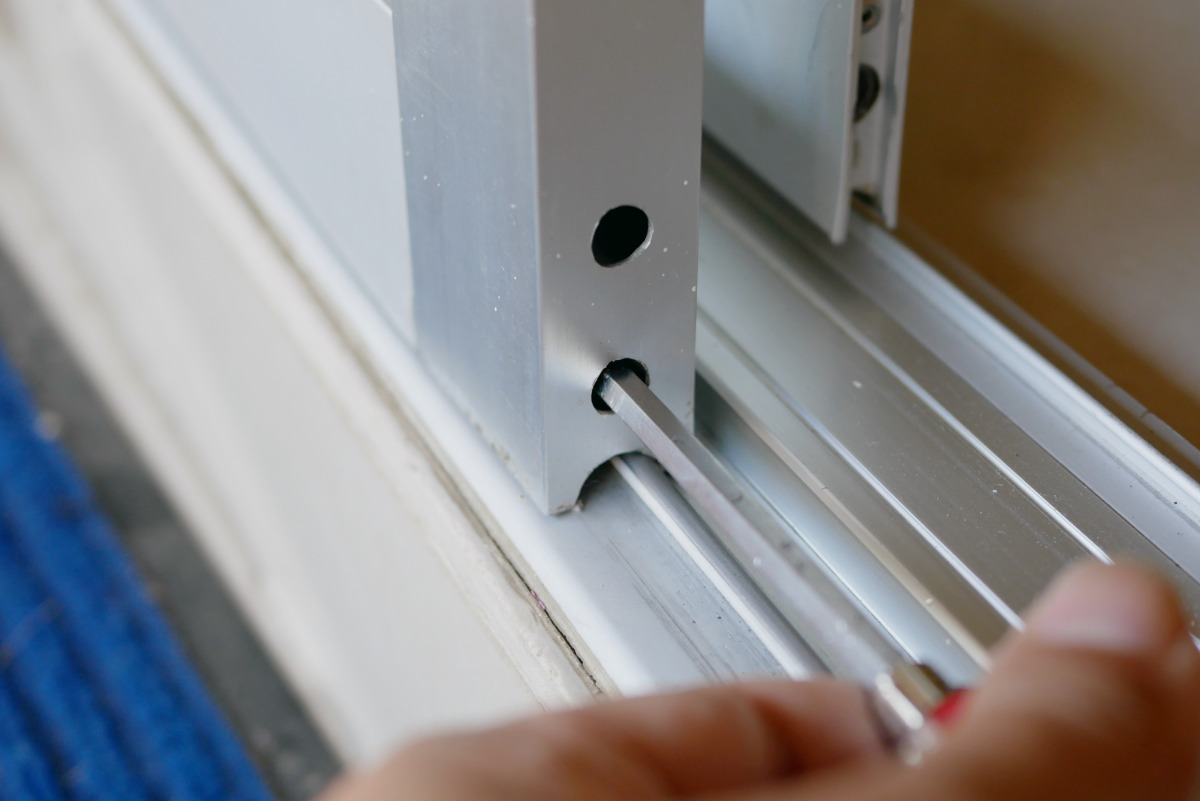
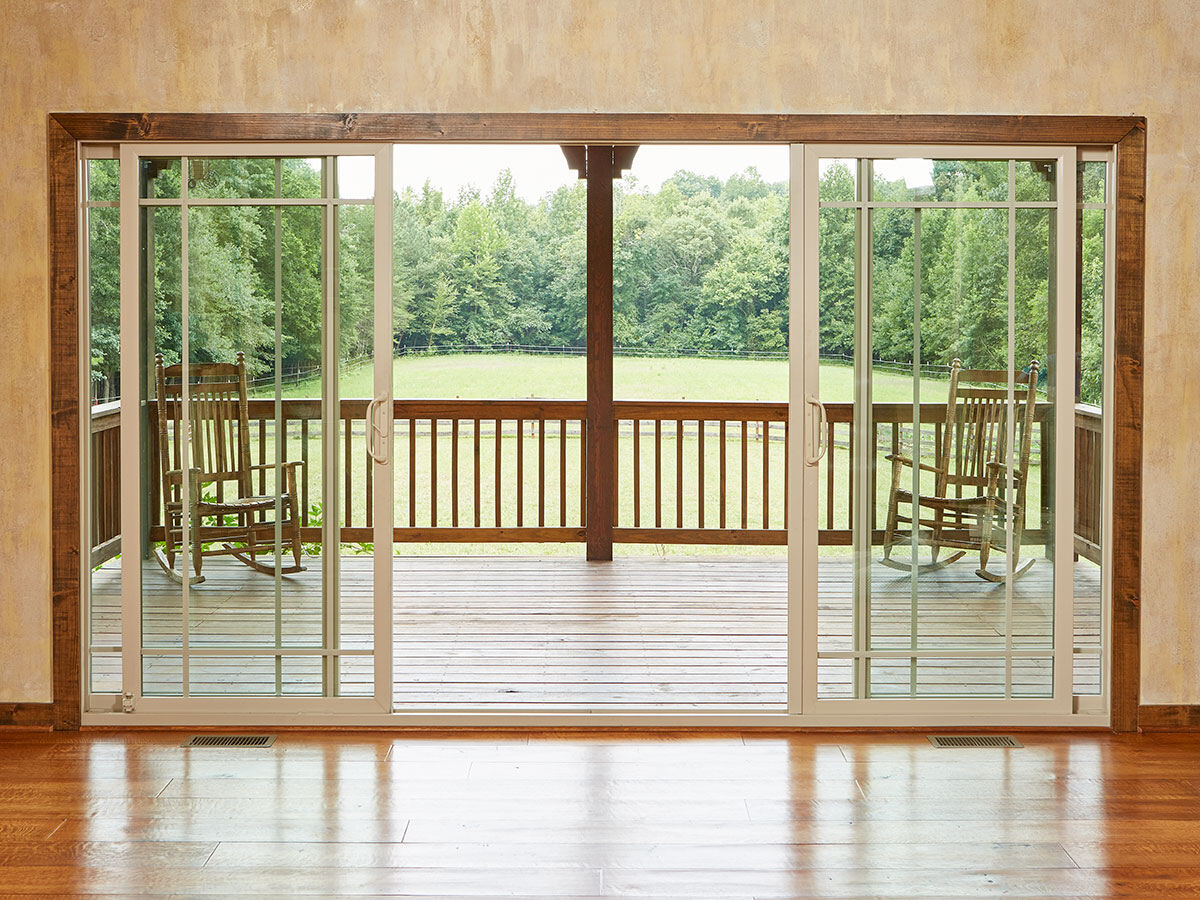
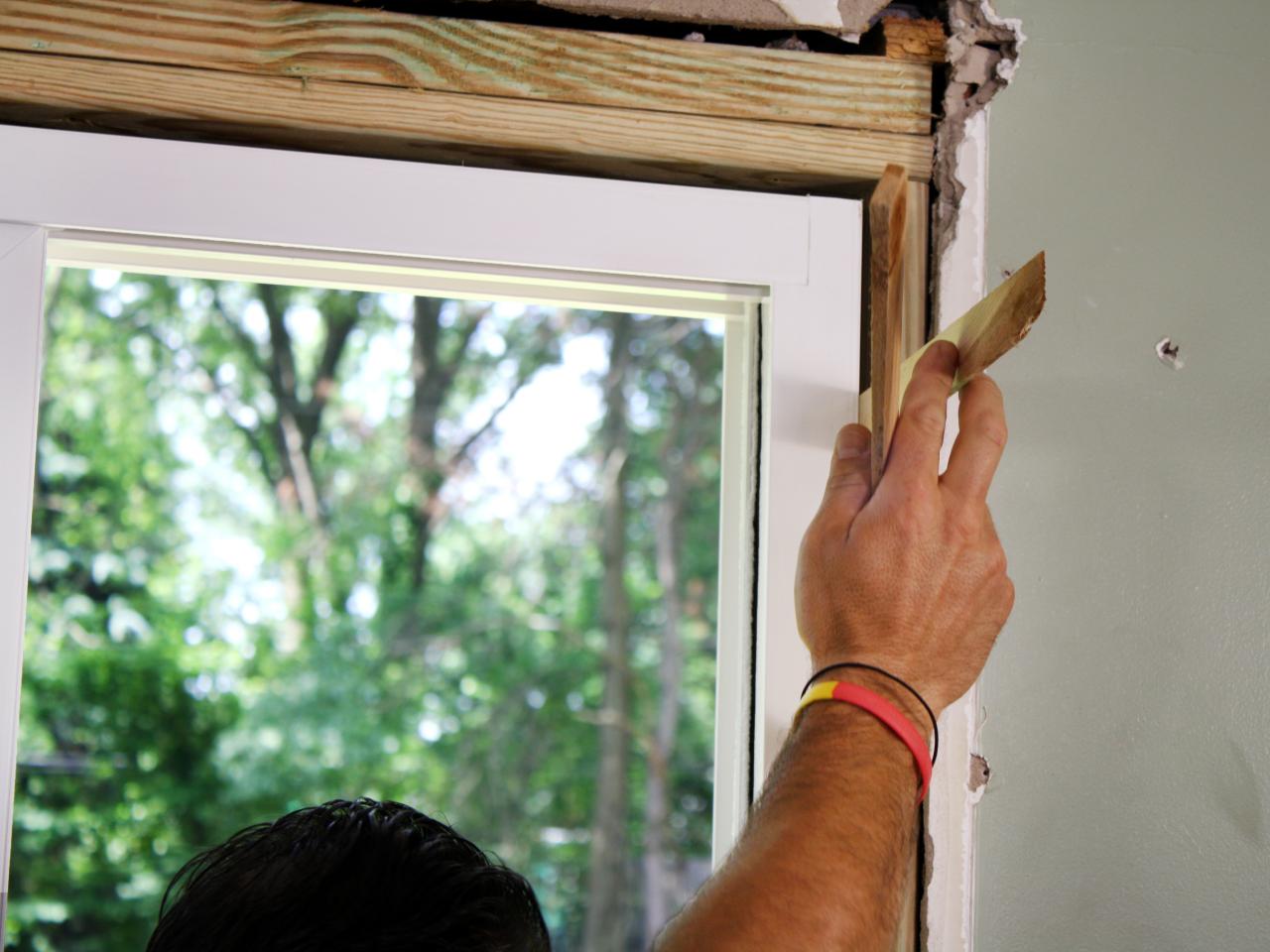
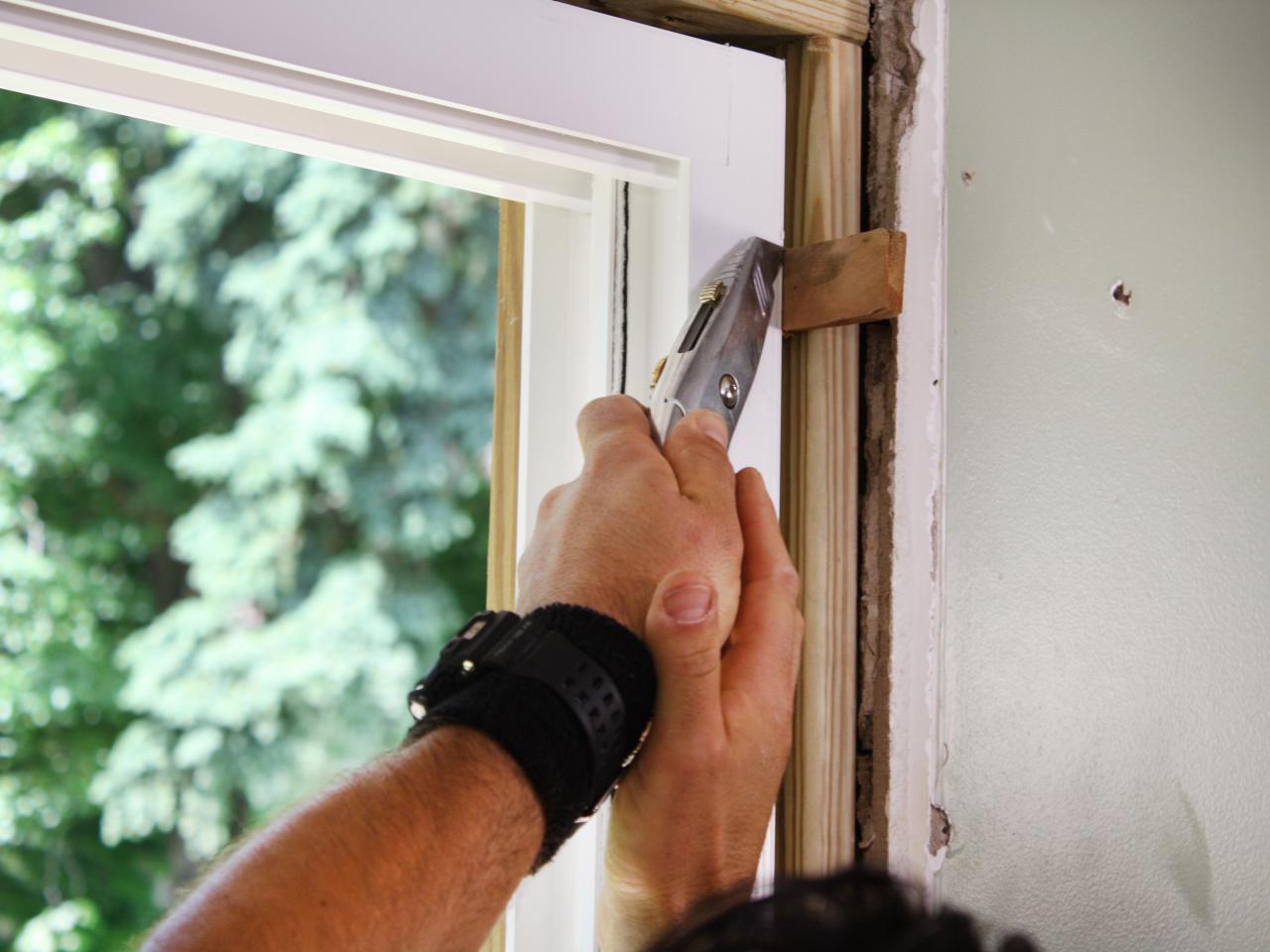
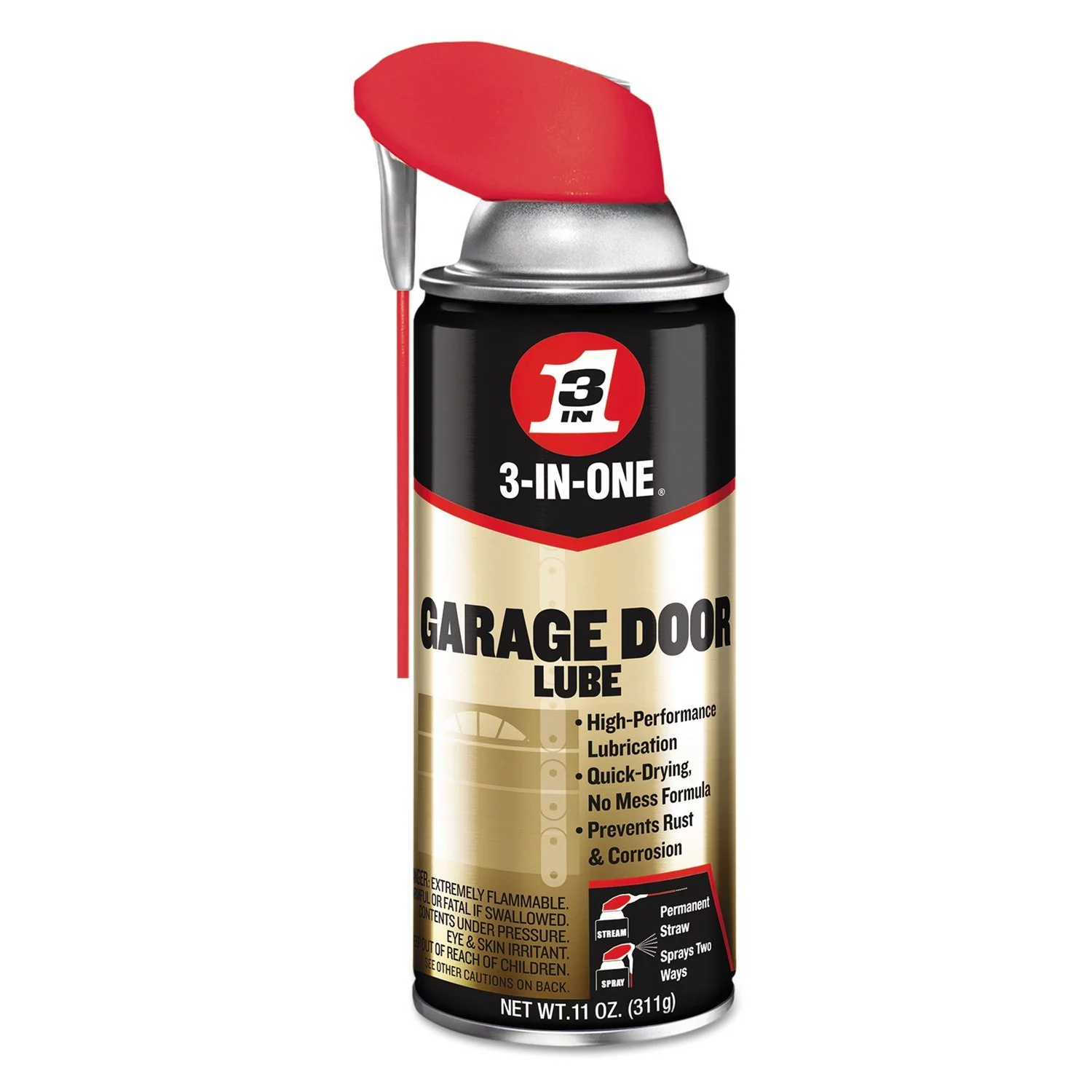


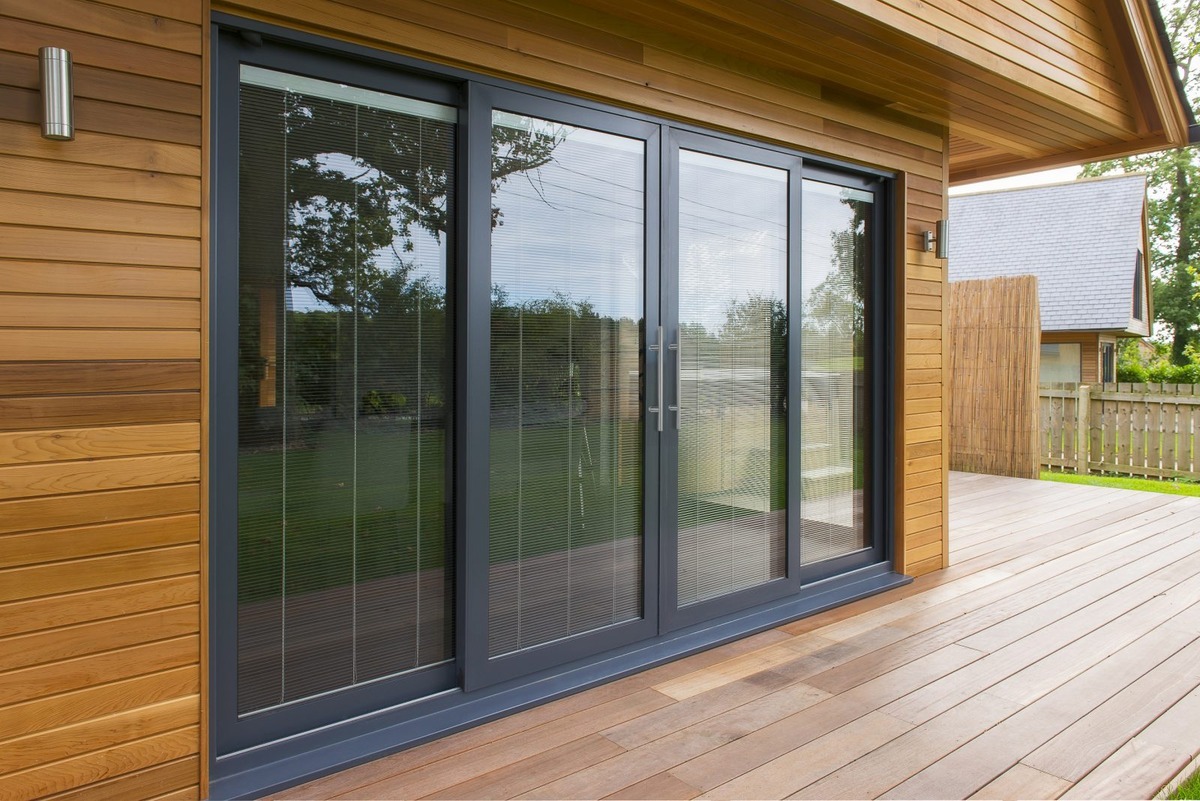
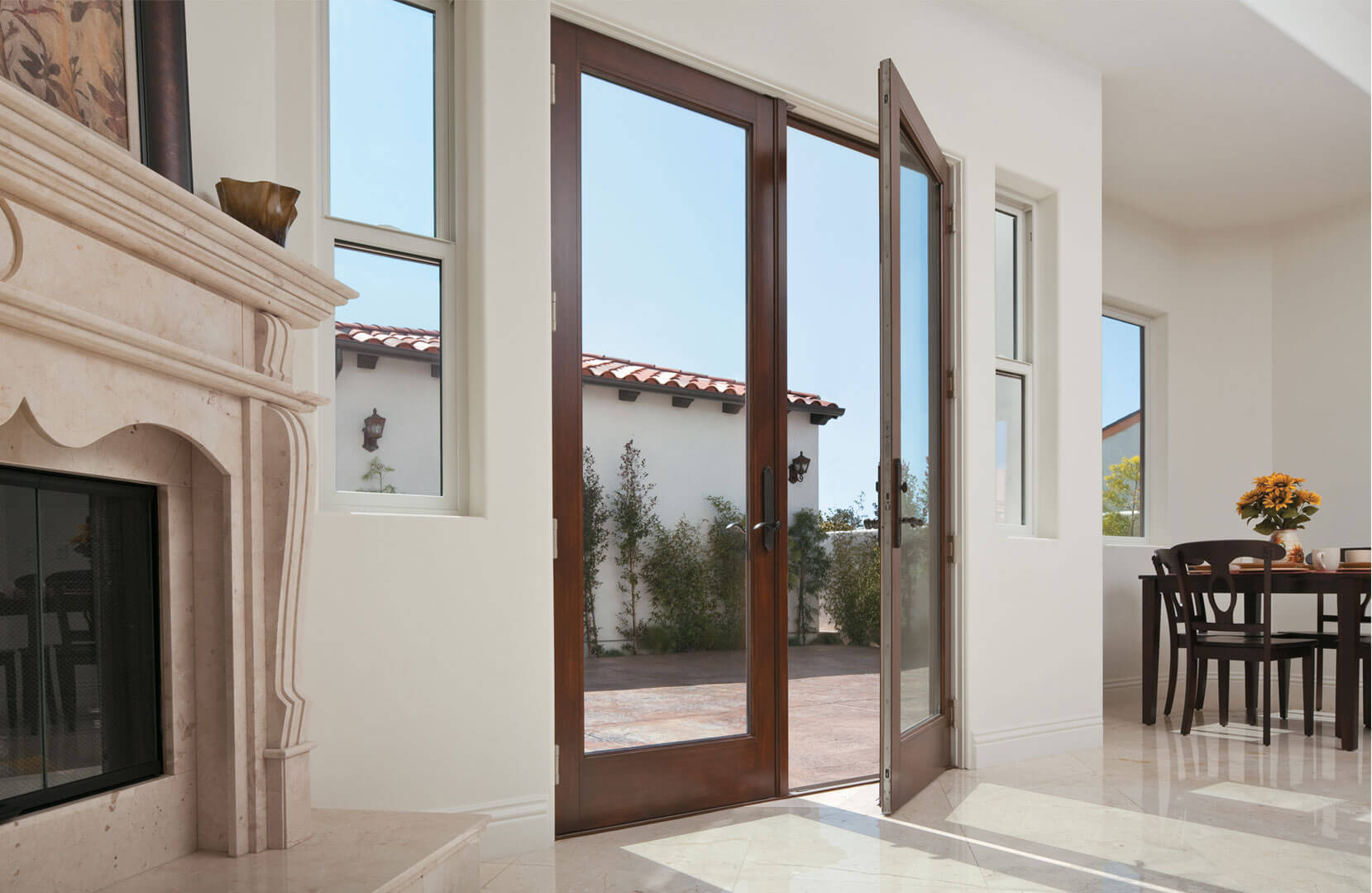
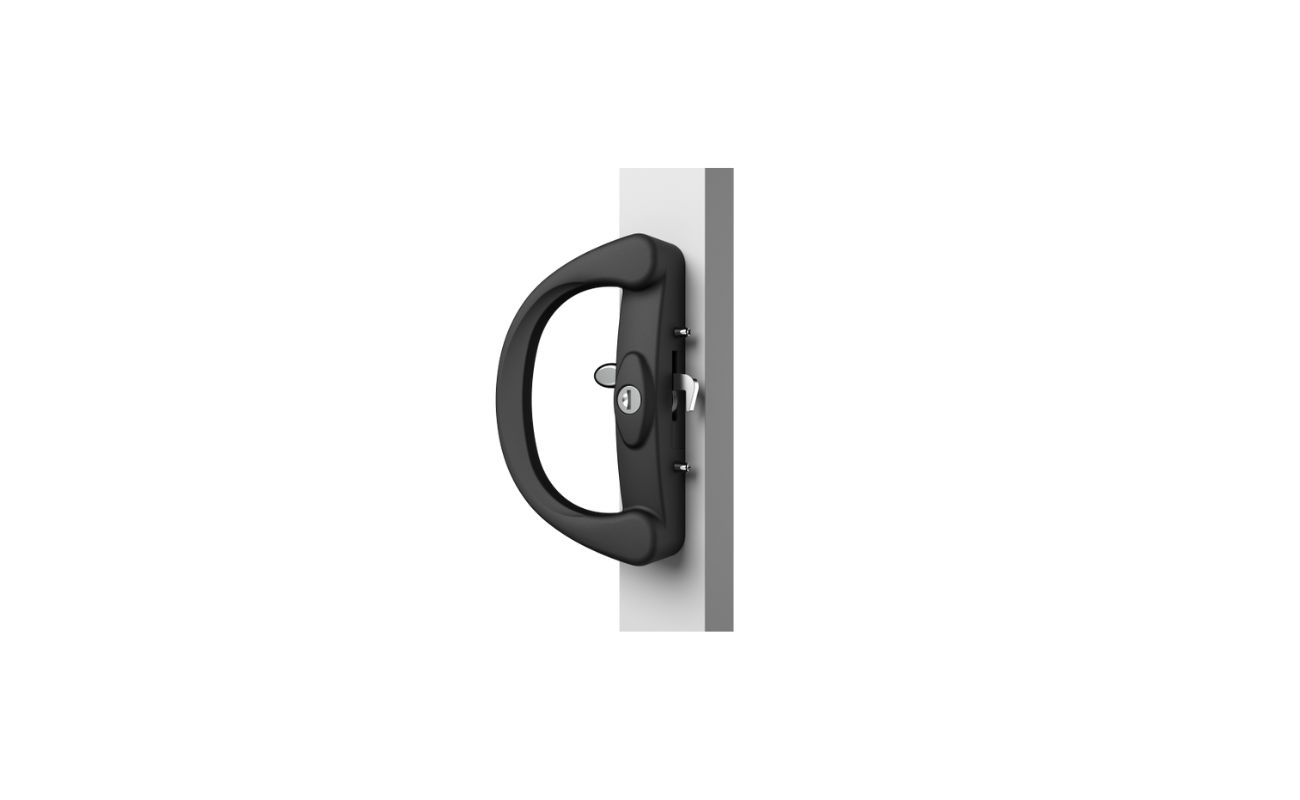
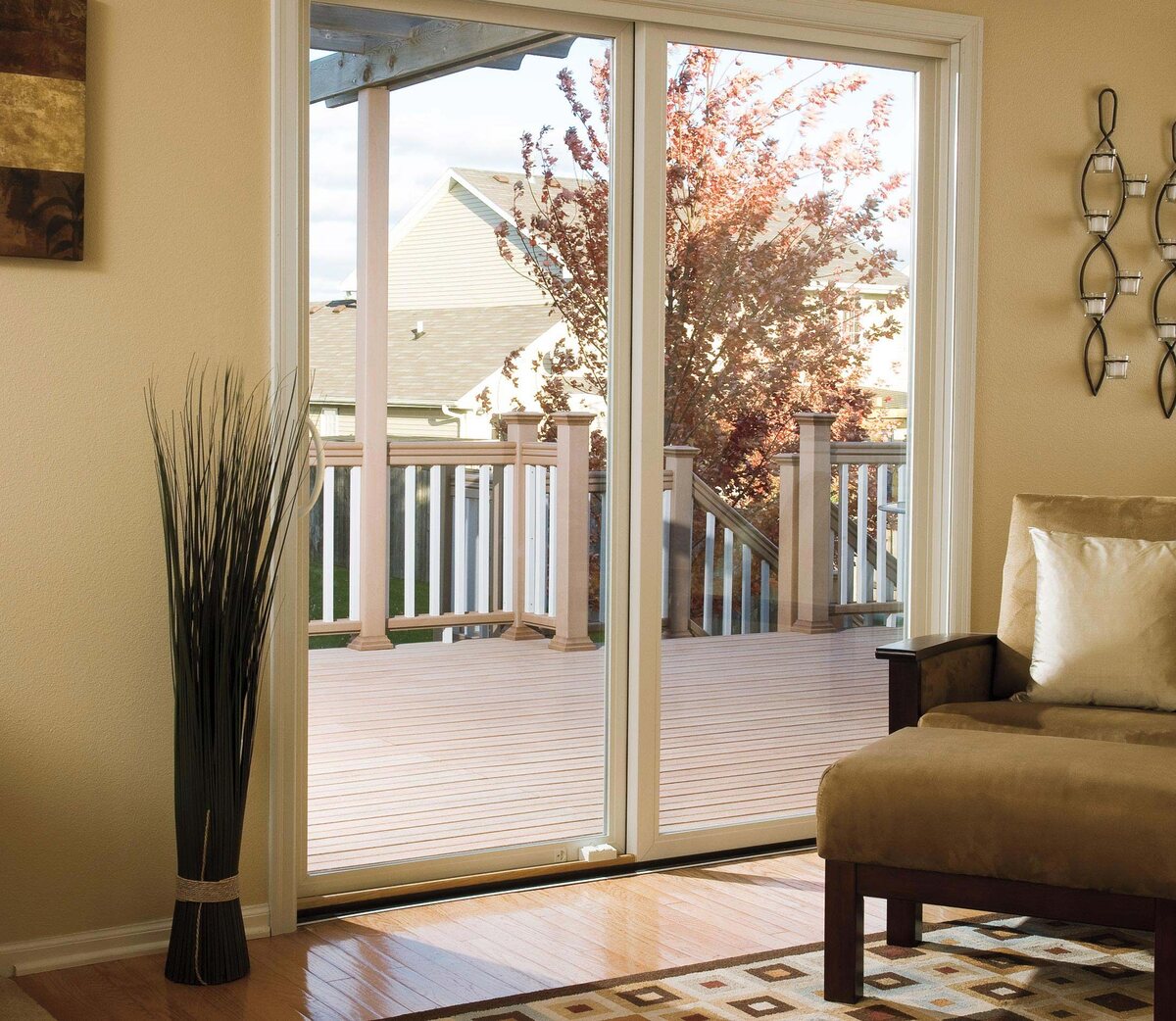
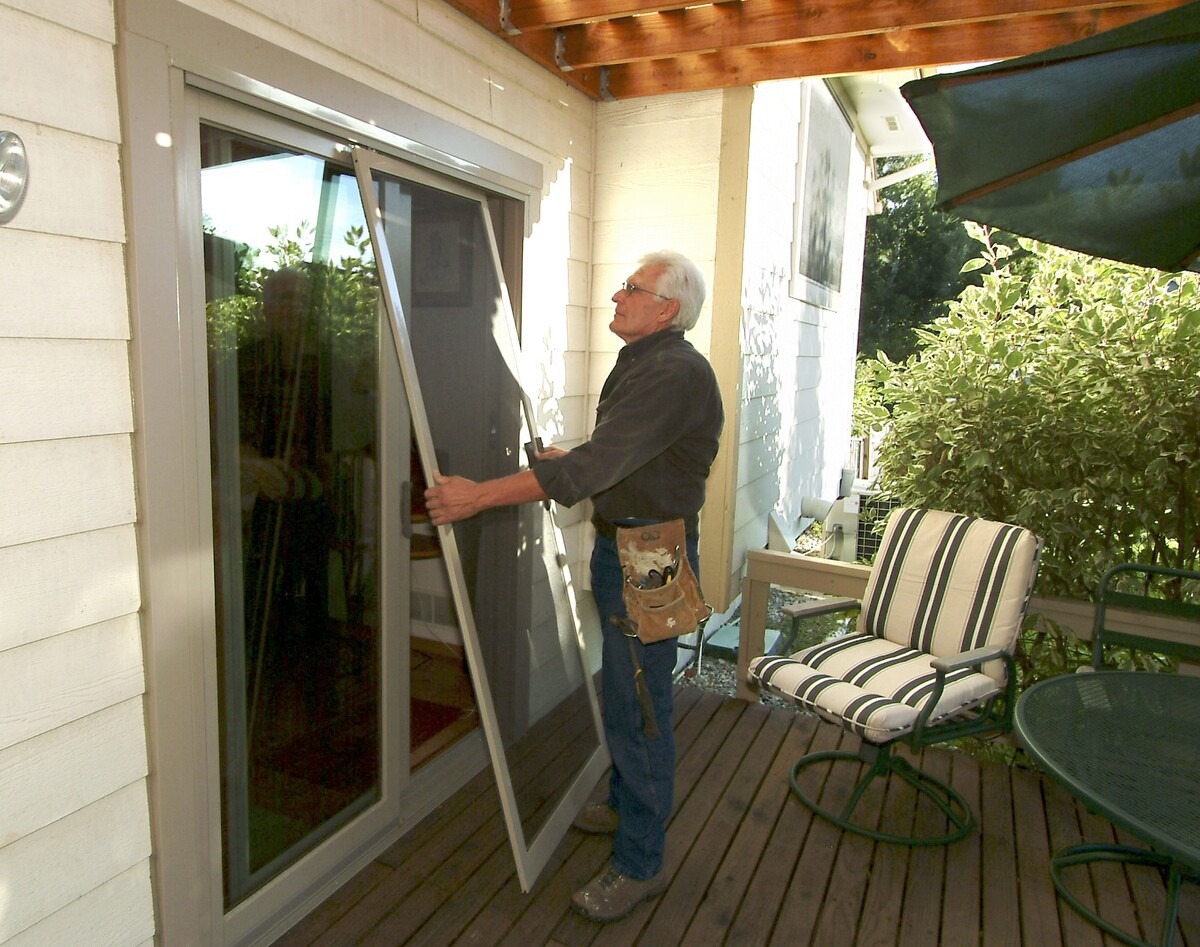
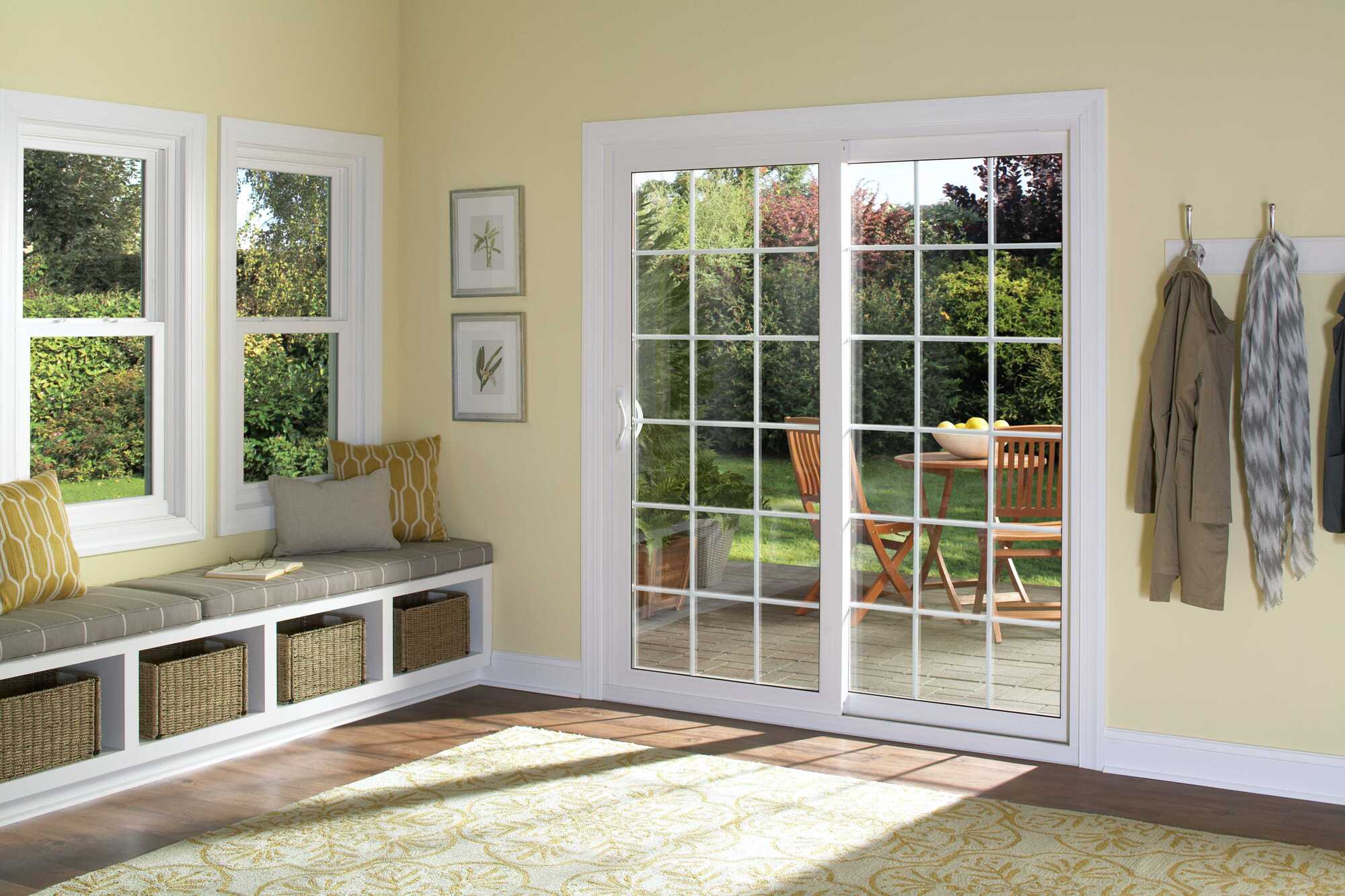

0 thoughts on “What Is The Best Lubricant For Sliding Patio Doors”